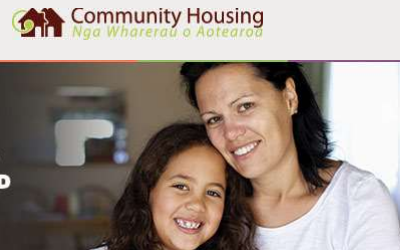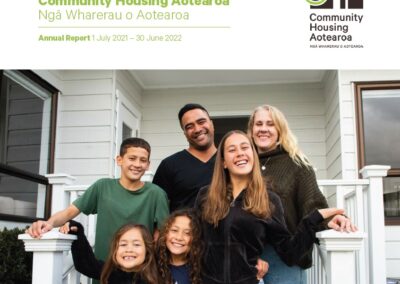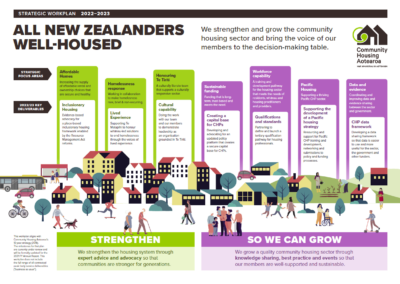The standards set minimum requirements for heating, insulation, ventilation, moisture and drainage, and draught stopping in residential rental properties. They reflect feedback from a wide range of public health experts, stakeholders including landlords, tenants and building experts.
Phil Twyford said making sure all New Zealanders had warm, dry homes was one of the most important public health changes the Government could make.
“Nearly 600,000 households rent in New Zealand, and our rental stock is of poorer quality than owner-occupied homes. It’s estimated about 200,000 families live in rental homes that do not have ceiling or underfloor insulation.
“The Ministry of Health says 6,000 children are admitted each year for ‘housing-sensitive hospitalisations’. These children have been found to be nearly four times more likely to be re-hospitalised and 10 times more likely to die in the following 10 years. We cannot continue to accept this.”
The new standards go a long way toward making rental homes healthier for tenants:
• All rental homes will be required to have a heater that can heat the main living area to 18oC.
• Rental homes must have ceiling and underfloor insulation that either meets the 2008 Building Code insulation standard, or (for existing ceiling insulation) has a minimum thickness of 120mm.
• Rental homes will also be drier under these changes as kitchens and bathrooms will have to have extraction fans or rangehoods.
• Where rental homes have an enclosed subfloor space property owners will need to install a ground moisture barrier to stop moisture rising into the home
• The standards also reinforce existing law that says landlords must have adequate drainage and guttering to prevent water entering the home.
• Draughts that make a home harder to heat will have to be blocked.
“The standards are pragmatic, enduring and don’t impose an unreasonable burden on landlords and industry while being mindful that renters need to have warmer and drier homes as soon as possible,” Phil Twyford says.
The next step is for the standards to be drafted in regulations and approved by Cabinet. The regulations will become law by mid-2019.
Compliance timeline for the new standards:
• 1 July 2021 – From this date, private landlords must ensure that their rental properties comply with the healthy home standards within 90 days of any new tenancy.
• 1 July 2021 – All boarding houses must comply with the healthy home standards.
• 1 July 2023 – All Housing New Zealand houses and registered Community Housing Providers houses must comply with the healthy home standards.
• 1 July 2024 – All rental homes must comply with the healthy home standards.


